6 Methods of
By: Katrina from Mama’s Organized Chaos
She’s sharing 6 methods of correction for toddlers…which is perfect timing for me personally as having a third kid who is also a toddler means it’s hard to always be consistent!
“It will be a great error to sit back and let your toddler direct his own show. He needs direction, and yes, correction. Both are demonstrations of love.” (Toddlerwise, page 103)
Parenting a toddler is hard.
They don’t fully understand the implications of their actions, and they have TONS of energy that, if not put to good use, will get put to bad use in a moment’s notice.
If your 2 year old is suddenly saying “no” to everything you ask, or perhaps they’ve started hitting, throwing tantrums, and doing things they shouldn’t do (running away from you, climbing on the table, etc.), it’s easy to just push it off as the “terrible twos” and move on.
Yes, part of it really is their age, but it is still essential that we have high expectations of our children and hold them to it.
They need correction and we need to be consistent with our methods.
Ignoring the behavior and hoping it will go away is NOT a method of correction, and provides no immediate feedback from which to learn from.
Wondering what you can do?
Here are 6 great suggestions from the Toddlerwise book by Gary Ezzo.
I don’t know about you, but I need ALL the suggestions I can get!
You can find these methods of correction outlined on page 102 of the book.
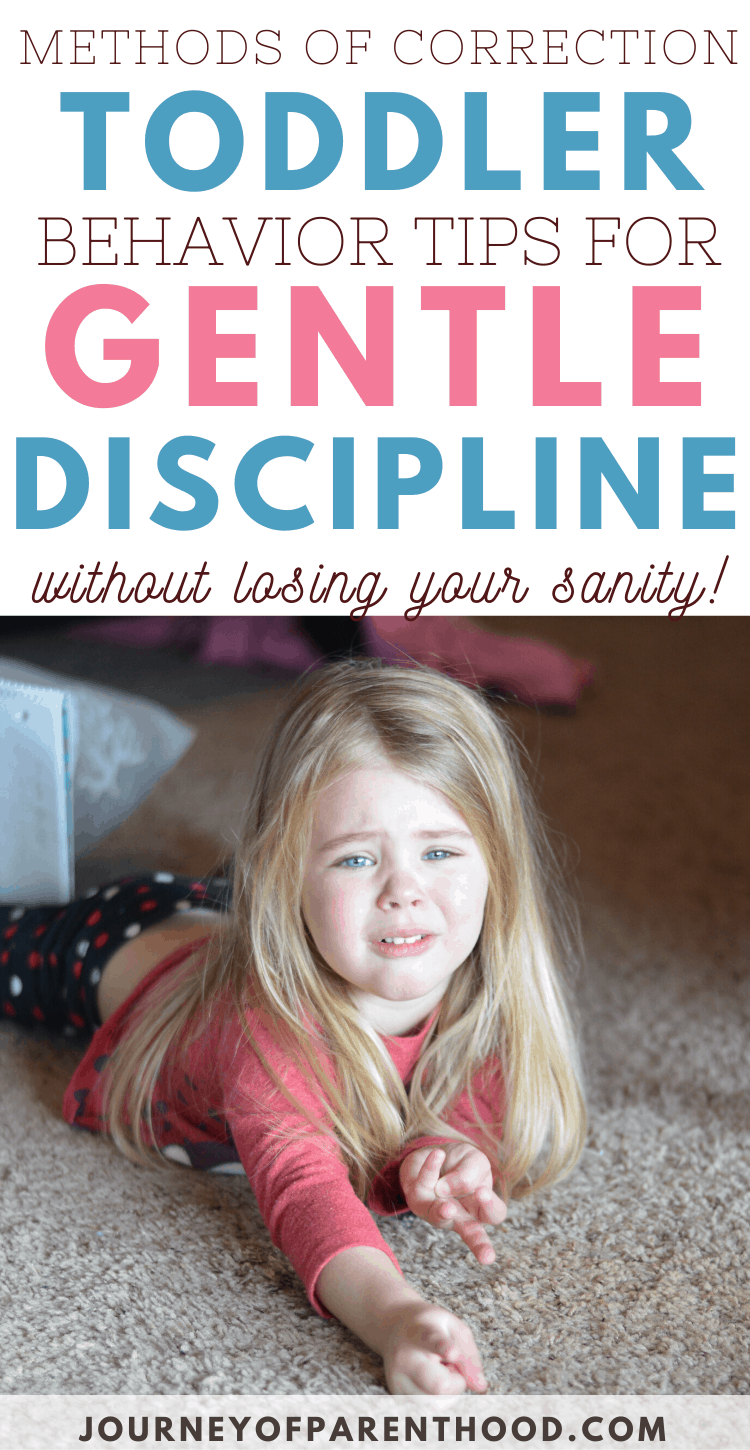
Redirecting
This is a great parenting tactic for young toddlers between 12 and 20 months of age.
They don’t quite understand everything you are explaining to them, and it is sometimes easier and more effective to simply distract them.
I still feel it is important to voice your concern and tell them no, but then just distract them by moving their location, giving a new toy, etc.
Sometimes this can be the most effective strategy to get your point across.
Isolation
If your toddler is being disruptive to you and/or others, a great natural consequence is to use isolation tactics.
If you remove your toddler from the social setting and place them in another room or location on their own, they will naturally want to come back.
This is best used with the toddler that is screaming, crying and throwing fits.
On the occasions I’ve had to use this technique, I tell my daughter that, when she is calm, she can return me or the group.
I find it helps to validate their feelings by saying something to the effect of “I understand that you might feel the need to scream and cry when you are upset. Feel free to do that in your room where it isn’t disrupting others. We’d love for you to
Sounds harsh, but it works!
Oh and I should mention that before I personally get to this point, I offer a hug. It’s amazing what a simple hug can do!
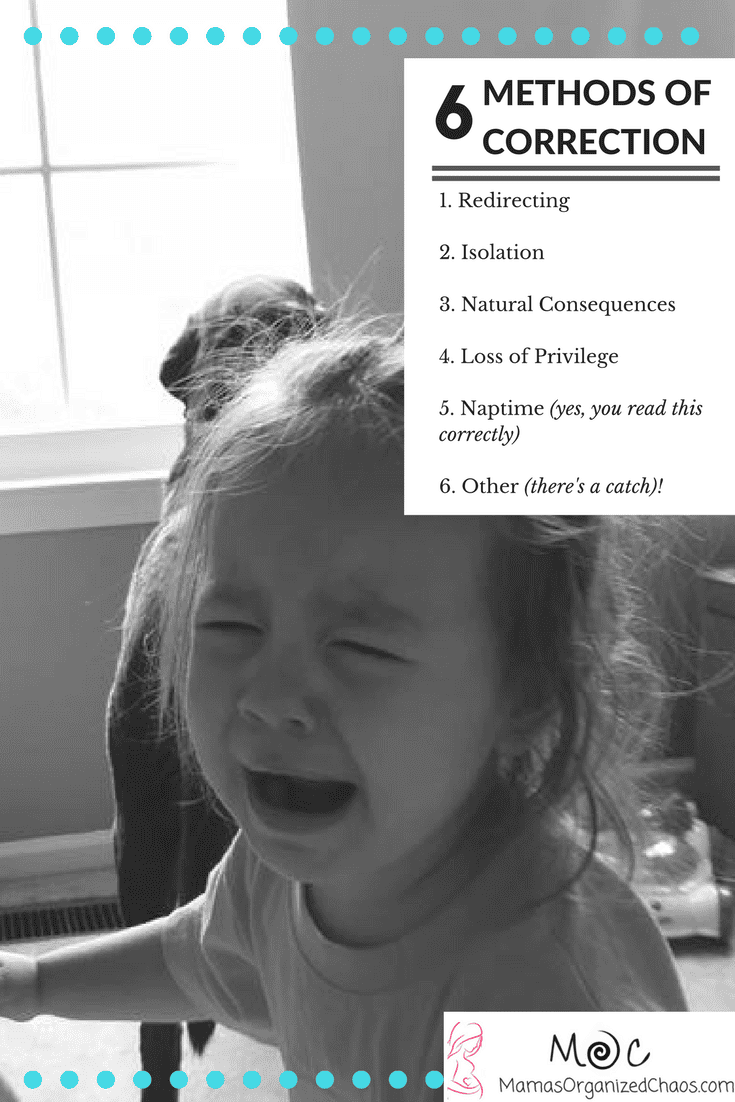
Natural Consequences
I talk a lot about natural consequences and I find them to be SO valuable.
They often happen without the parent even stepping in.
I love Ezzo’s example on page 102, where he talks about a child that is teasing a dog with his ice cream cone.
That child quickly learns the natural consequences of his actions, when the dog eats the ice cream cone and he is left with nothing to eat!
The same can hold true when your child is doing something they shouldn’t do and you are trying to correct it.
This is an amazing tactic for
If at all possible, try to find a natural consequence.
Every time your child throws his cup, it spills.
The natural consequence is that they have to clean it up.
It will get old really quickly and they will not want to throw their cup anymore.
Still say no, don’t just ignore it and let the natural consequence unfold without any discussion.
Discussion is invaluable and helpful in getting them to connect cause and effect.
But let it happen. Don’t catch the cup.
Let it spill and then expect your child to clean it up and follow through.
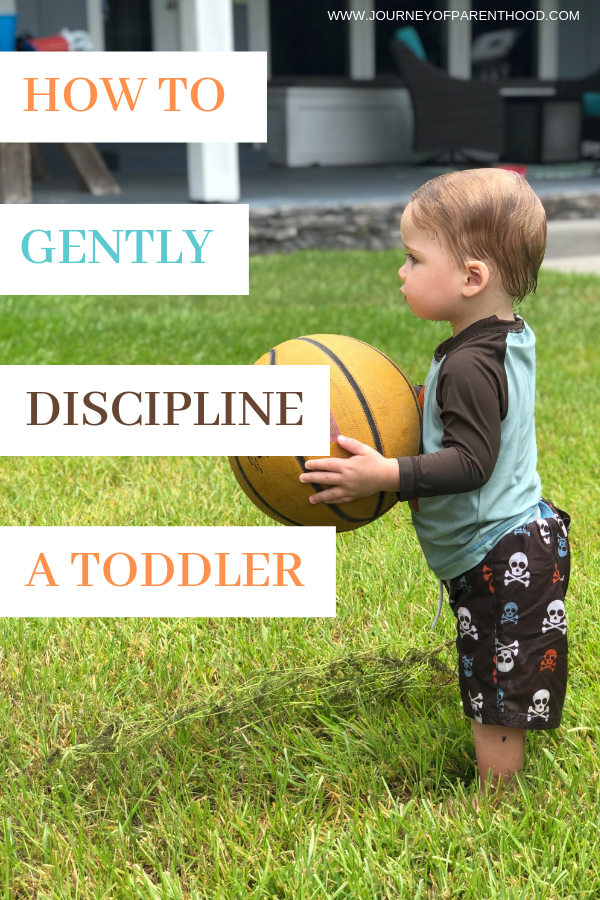
Loss of Privilege
When choosing a loss of privilege, it is key that it relates to the situation at hand.
Do not remove screen time because your child hit someone.
It doesn’t make sense to the child.
Remove playgroup time because your child hit someone.
It makes sense that you can’t attend playgroup time if you can’t play nicely.
It also needs to hold meaning to the child.
If they don’t care about playgroup time, then the loss of privilege won’t matter to them and will have no effect.
Naptime
This is by far my FAVORITE suggestion in this book.
“Temper tantrums, for example, are often the result of an over-stimulated child in need of sleep.” (Ezzo, page 102)
Um, yes, yes and yes.
If my child is misbehaving suddenly and it is seemingly out of character…she needs more sleep.
I’ve even said to her, “It seems like you can’t handle being awake today. I’d love it if you could be happy, but if you can’t, I think you need to take a nap.”
Off to
When in doubt, put your child to bed. Prioritize your child’s sleep, and reassess your daily routine if you need to.
A
Other
“Of course there are other discipline methods used through the ages and there may be one or two more that fits into your family’s value system…but each method should be used with an abundance of graciousness and love.” (Ezzo, page 103)
I love this reminder.
Use what works for your family.
Just don’t forget that you are dealing with a toddler.
A toddler that needs security, love, guidance, stability, and calmness.
Don’t lose sight of the craziness that is their world and how frustrating it must be, and offer your corrections with all the love you have to give.

Katrina has a
Additional Toddler Parenting Resources:
Posts You May Find Helpful:
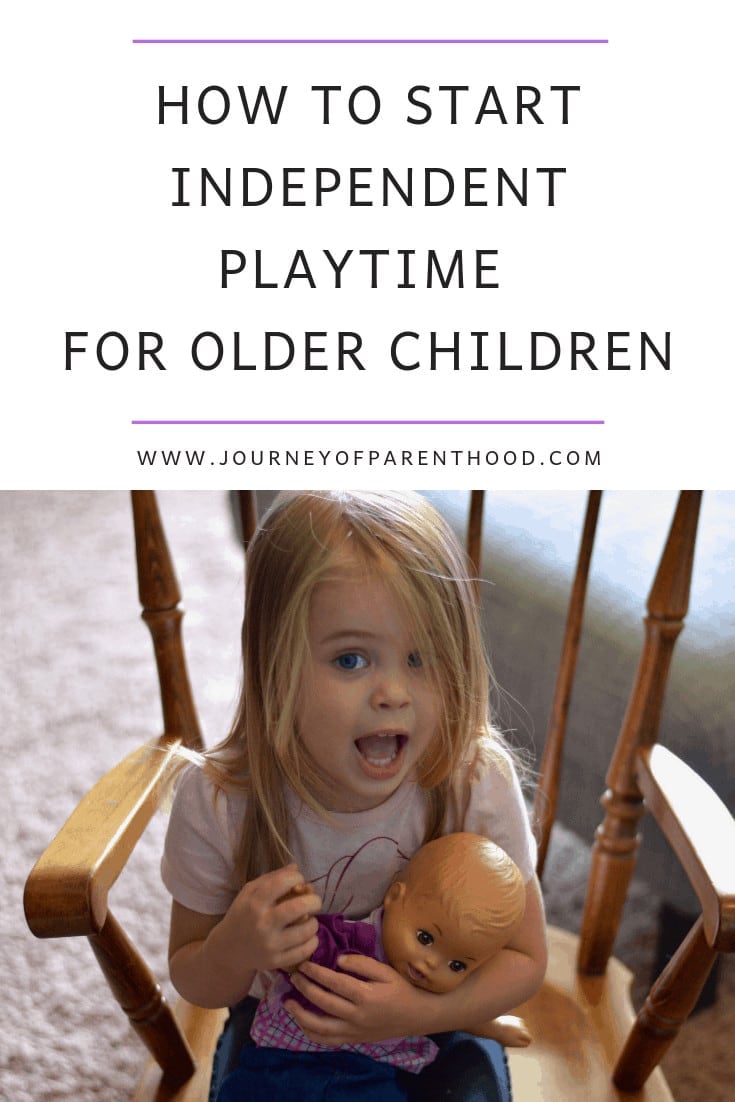
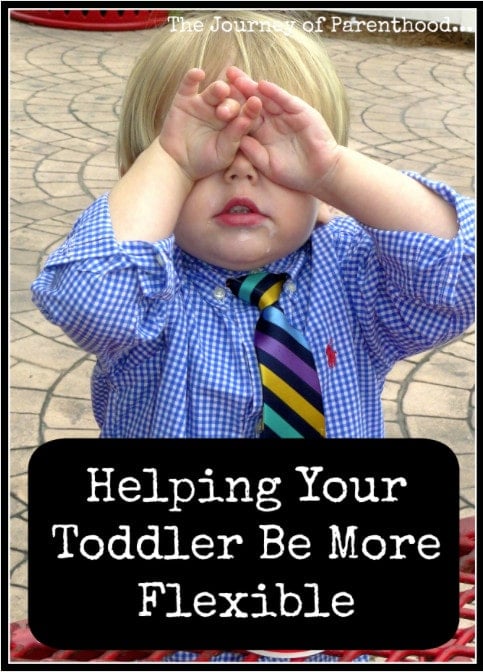

- A Letter to my Son on His 16th Birthday From Mom (Kye’s Bday Letter) - March 20, 2025
- Open Letter to my Daughter on her 12th Birthday – Love, Mom {Britt’s 12th Bday Letter} - January 16, 2025
- Letter to My Son on his 6th Birthday – Love Mom - January 8, 2025






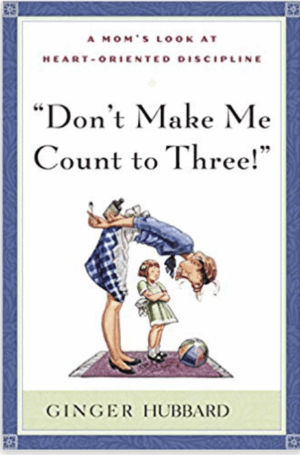

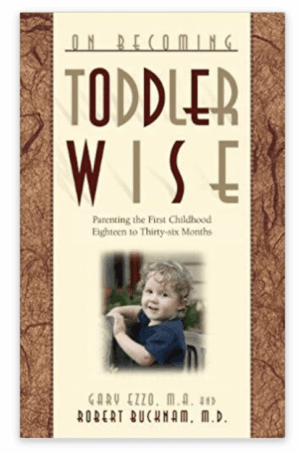


I just finished reading your blog post and I wanted to take a moment to express my appreciation for the valuable insights you’ve shared. Your post provides a clear and concise overview of these correction methods, making it incredibly helpful for parents like me who are navigating the joys and challenges of toddlerhood.